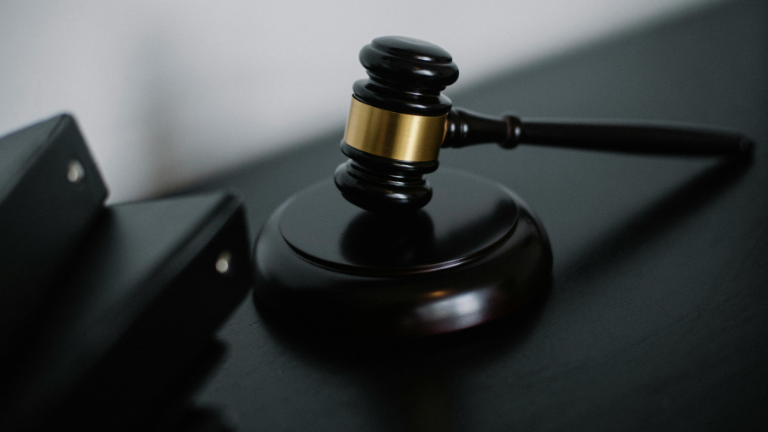Good news came for Maryland employees when the amendments to the state’s workplace harassment prohibitions took effect on October 1, 2019. The Maryland General Assembly passed the new amendments relating to workplace harassment to its existing anti-discrimination law, the Maryland Fair Employment Practices Act (FEPA), on April 3, 2019, that greatly expand the potential liability of the employers and ensure broader protections for the workers who are not otherwise covered under the existing law.
Because the term “employee” will include independent contractors and will not be limited to just regular employees, the new amendments are expected to significantly increase the pool of eligible people who could file workplace-harassment claims against their employers. As the number of independent contractors continues to increase in the "gig" economy era, this promises greater harassment protection for them. When it comes to harassment complaints, the term “employer” had also been stretched by the new amendments to include an entity with just one or more employees. Current law applies only to employers with 15 or more employees.
Other notable changes include:
- Employers are specifically prohibited from engaging in harassment of an employee. Harassment is currently implied as part of the antidiscrimination prohibition.
- The definition of “harassment” includes “harassment based on race, color, religion, ancestry or national origin, sex, age, marital status, sexual orientation, gender identity, or disability”.
- An employer is liable for harassment when the employer’s negligence led to the harassment or its’ continuation.
- An employer is liable for harassment committed by an employee’s supervisor. The term “supervisor” is broadly defined to include anyone who “directs, supervises, or evaluates” the employee’s work.
- The time period for filing a harassment complaint with a local human relations commission (such as the Maryland Commission on Civil Rights or a county Office of Human Rights) is extended from six months to two years.
- The time period for filing a civil lawsuit alleging harassment is extended from two years to three years from the date of the alleged harassment.
Remember, with these greater protections under the new amendments, employees and independent contractors do not need to remain silent or quietly walk away from harassment in the workplace. If you are seeking advice, assistance and representation for workplace harassment-related situations, the attorneys at Lebau & Neuworth, LLC, may be able to help you. We are experienced in handling all types of harassment and anti-discrimination claims. Please contact Lebau & Neuworth, LLC, at (410) 296-3030 or lebauneuworth.com/contact-us.











